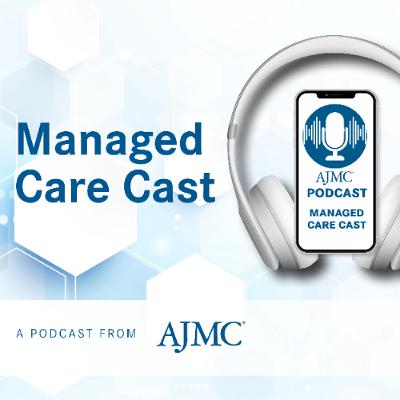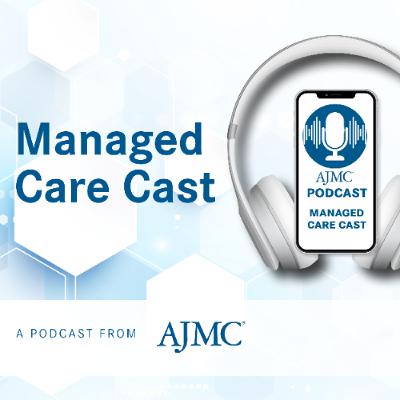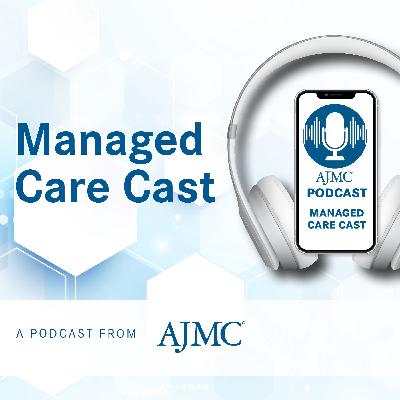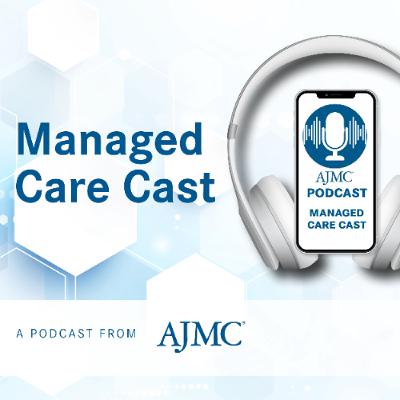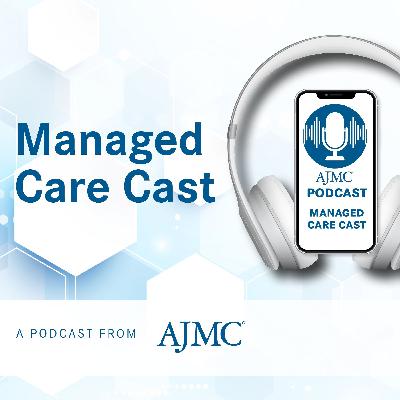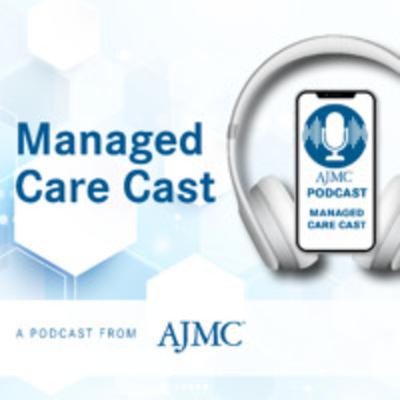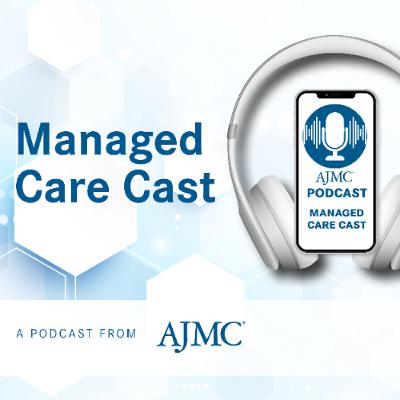What It Takes to Improve Guideline-Based Heart Failure Care With Ty J. Gluckman, MD
Update: 2025-08-05
Description
Heart failure remains one of the most urgent challenges in health care, affecting millions of individuals and imposing a significant burden on families and the broader health system. Although guideline-directed medical therapy (GDMT) has been shown to improve clinical outcomes and reduce hospitalizations, adoption of these therapies remains suboptimal nationwide. Addressing this treatment gap is essential not only for enhancing survival and quality of life but also for mitigating the rising economic impact of heart failure as its prevalence continues to increase. Gluckman also led the session “Addressing Underuse of Guideline-Directed Medical Therapy in Heart Failure” at the July 9 Institute for Value-Based Medicine® (IVBM) event in Garden Grove, CA, where he addressed the need for integrated approaches to drive sustainable, system-level change in cardiovascular care.
On this episode of Managed Care Cast, Ty Gluckman, MD, MHA, FACC, FAHA, FASPC—a practicing cardiologist at Providence Heart Institute in Portland, Oregon, and medical director of Providence's Center for Cardiovascular Analytics, Research, and Data Science—discusses strategies to improve GDMT implementation. The conversation explores opportunities for payers and providers, the potential of remote patient monitoring and digital health tools, and the role of value-based care models in supporting optimal therapy. Emphasis is placed on the importance of aligning clinical guidelines with managed care policies to drive meaningful improvements in patient outcomes.
On this episode of Managed Care Cast, Ty Gluckman, MD, MHA, FACC, FAHA, FASPC—a practicing cardiologist at Providence Heart Institute in Portland, Oregon, and medical director of Providence's Center for Cardiovascular Analytics, Research, and Data Science—discusses strategies to improve GDMT implementation. The conversation explores opportunities for payers and providers, the potential of remote patient monitoring and digital health tools, and the role of value-based care models in supporting optimal therapy. Emphasis is placed on the importance of aligning clinical guidelines with managed care policies to drive meaningful improvements in patient outcomes.
Comments
In Channel


